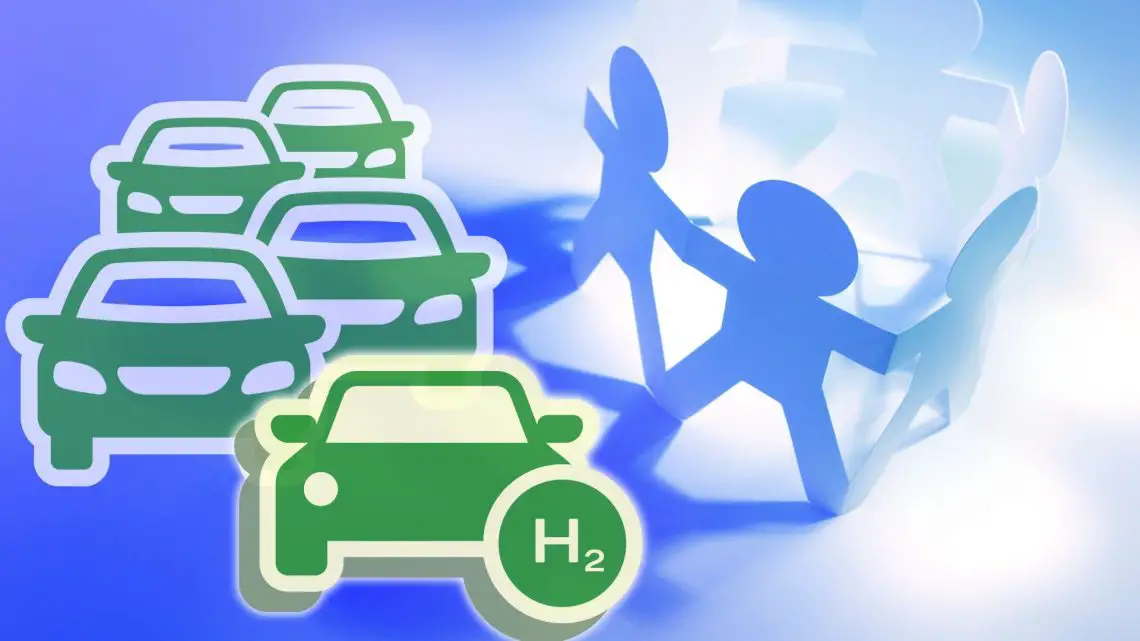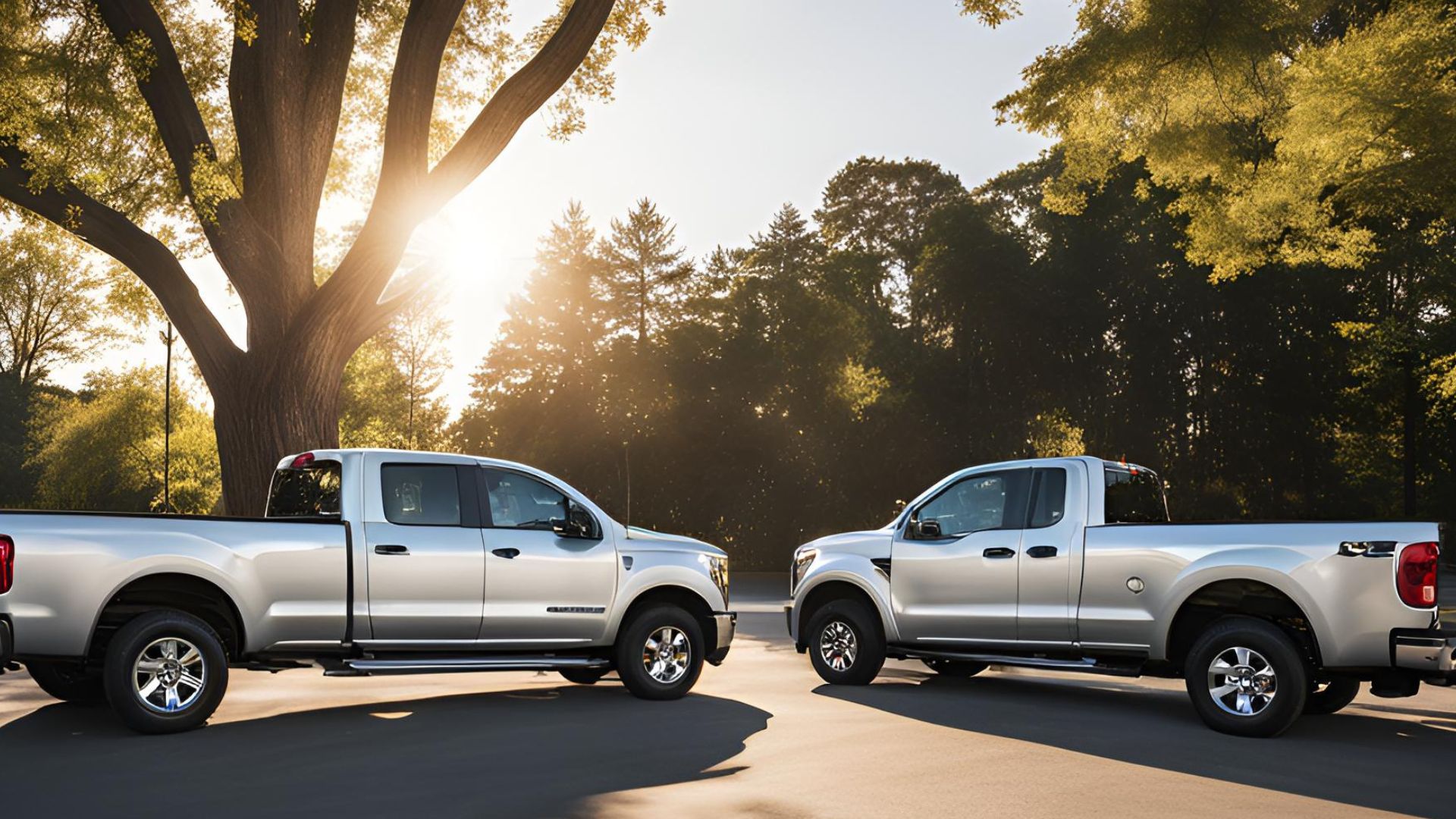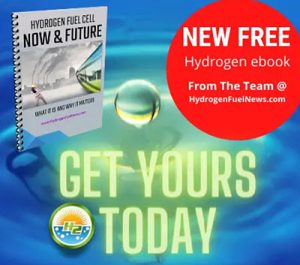
Why Hydrogen Vehicles Are Sparking the Hottest Automotive Partnerships
September 23, 2024Hydrogen Partnerships: The New Trend Among Automotive Giants
The automotive industry is witnessing a significant shift as manufacturers increasingly explore hydrogen fuel cell technology. Recent partnerships, such as the one between Toyota and BMW and the newly announced collaboration between GM and Hyundai, highlight this trend. These alliances aim to leverage strengths, reduce costs, and accelerate the development of clean energy vehicles, paving the way for a hydrogen-powered future.
The Rise of Hydrogen Collaborations
The move towards hydrogen technology is gaining momentum, with leading automotive companies recognizing its potential to transform the industry. Toyota and BMW’s partnership set the stage by combining their expertise to develop hydrogen vehicles. This collaboration is a strategic move that reflects a growing interest in sustainable solutions that extend beyond traditional electric vehicles (EVs). Following suit, GM and Hyundai have announced their memorandum of understanding to collaborate on clean energy vehicles. This partnership underscores a commitment to exploring hydrogen fuel cells as a viable alternative to current technologies.
GM and Hyundai: A Strategic Alliance
GM and Hyundai’s collaboration is a testament to the changing landscape of the automotive industry. By joining forces, these giants aim to reduce costs and bring a wider range of vehicles to market more quickly. The partnership will focus on co-developing passenger and commercial vehicles that utilize hydrogen and electric technologies.
Additionally, the agreement includes opportunities to share resources for sourcing battery raw materials and steel, enhancing their competitiveness and driving cost efficiencies. This alliance could mirror the successful partnership between Toyota and BMW, which plans to introduce a hydrogen fuel cell car to the public by 2028.
Hydrogen’s Potential in the Light Truck Market
Trucks present a unique opportunity for hydrogen technology to excel. Hydrogen fuel cells offer a significant advantage over traditional EV batteries due to their lighter weight, which can enhance driving range and reduce wear and tear on vehicle components. The possibility of a hydrogen-powered Chevrolet Silverado 1500 is particularly intriguing. As GM’s best-selling vehicle in the US, the Silverado could benefit from the extended range and efficiency that hydrogen technology can provide, especially for long-haul work trucks and commercial vehicles where battery technology has proven challenging.
The Power of Collaboration in Advancing Hydrogen Vehicle Manufacturing
The recent trend of forming strategic partnerships in the automotive industry is a smart move for driving the development of hydrogen vehicles. Here are some highlighted key benefits:
- Collaborations help distribute financial and technological risks, making hydrogen vehicle development more economically viable and less risky for individual companies.
- Sharing knowledge and technological advancements accelerates problem-solving and optimization, leading to faster development and higher quality hydrogen vehicles.
- Partnerships facilitate the creation of standardized frameworks for hydrogen vehicles, ensuring compatibility and accessibility across different markets.
- Collective efforts signal a unified commitment to sustainable transportation, boosting stakeholder confidence and attracting more investment in hydrogen technology.
Overall, the strategy of forming partnerships in the hydrogen space is a forward-thinking approach that leverages shared expertise and resources to overcome challenges and accelerate the transition to a hydrogen-powered future.
Consumer Interest in Hydrogen Vehicles
The prospect of hydrogen-powered vehicles is likely to attract consumer interest, particularly among those who value sustainability and efficiency. Hydrogen vehicles offer a viable solution for reducing emissions while maintaining the performance and range that consumers expect. The lighter weight of hydrogen fuel cells compared to EV batteries makes them particularly appealing for larger vehicles like trucks, where efficiency and payload capacity are critical. As more manufacturers invest in hydrogen technology, the market could see a surge in demand for these innovative vehicles.
The Future of Hydrogen in the Automotive Industry
As the automotive industry continues to evolve, hydrogen fuel cell technology is emerging as a promising alternative to battery-powered EVs. The recent partnerships between Toyota and BMW, and GM and Hyundai, highlight the industry’s commitment to exploring diverse solutions for achieving carbon neutrality. With the potential to offer enhanced range, efficiency, and sustainability, hydrogen technology could redefine the future of transportation. As consumer interest grows and technology advances, hydrogen vehicles may soon become a common sight on roads worldwide, driving the industry towards a cleaner, more sustainable future.



 With over 15 years of reporting hydrogen news, we are your premier source for the latest updates and insights in hydrogen and renewable energy.
With over 15 years of reporting hydrogen news, we are your premier source for the latest updates and insights in hydrogen and renewable energy.